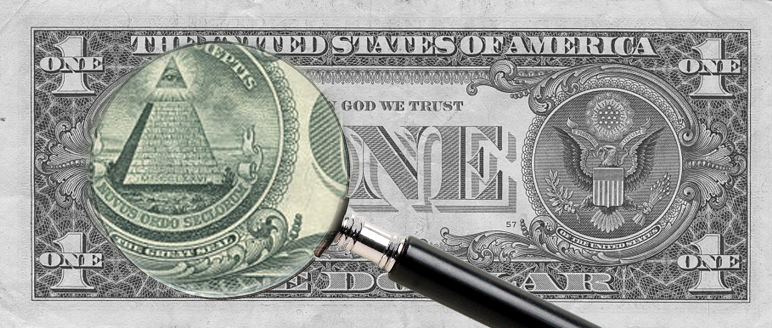
I recently shied away from a contract and I was trying to ask myself. “Why would I turn this money down?” The rate was decent, the timeline was aggressive but probably manageable. Why would I do such a thing? The answer was that there were too many unknowns.
What do I mean? What I really mean is that the more areas of risk and unknowns you have on a project, the more likely it is that your going to stumble along the way. Each one of the stumbles is going to cost you money.
Let me give you an example of a clear job: As a company, you’ve created 10 games from the iOS store and the Android store. A Publisher has approached you to port a pre-existing title to android for them. You take a look at their codebase and it all looks pretty straightforward. My guess is that you are going to be pretty accurate on how fast the project will take, and what the costs are, and in the end, your profits. Boring, uncreative, but highly predictable income. Zzzzz….
Ok, so what is an example of an unclear job? Assuming the same company resume. A publisher approaches you to make a game for their new distribution portal for Android. Some great meetings revolve around the core gameplay, and everyone is on the same page on what game you are going to create. Staffing plan, timeline, nothing left to do but to make it and collect our dough. Right?
Wrong. Wait, but I said there meetings about the gameplay, and everyone is on the same page! Well, that’s true. BUT… to what degree is the game that is in everyone’s head the exact same game? Lets say for the sake of argument that you are a seasoned project manager and you’ve got the same game in everyone’s head. Well what if there are elements of the game that aren’t fun? Would you change them? But maybe you’ve accounted for some of this iteration in your scrumtrilescent work methodology. Great, oops… now the person in charge of your project at the publisher has now left and there is an ever so slight deviation in what their interpretation of a fun game is? I’m done ranting, my point is that it’s subjective. No matter what you put in the contract, you are always going to have exposure if the point is for you to make something “fun”. Ask yourself this, if my main contact at the Publisher were to leave, would the goal be crystal clear? Not so much because I think they’ll leave, but it’s a good indicator that you have a subjective goal. And if the goal can move, it will.
Now that i’ve scared you, I’m not saying don’t do the work, it’s why we got into the business right? Makin’ fun stuff? So here’s the punchline:
If you are going to have a nonclear goal, have a nonclear pricetag!
It’s a pretty simple concept, use your imagination, but here are some easy ones:
- Instead of a deadline and pricetag, give an estimate and a rate, nothing curbs change requests like the notion that it actually will cost something. Be careful to send weekly / monthly reports on the current costs vs. estimates however, no one likes surprise sticker shock in the end.
- Get a high(er) royalty percentage. That way at least all the extra work you put in at least has a chance to end up back in your pocket.
- Keep the rights to all the code you create. If you end up investing in this game over what is paid, then at least you can apply that work to your next project.
Ok, I know, everyone is rolling your eyes. No publisher would agree to this madness! Well certainly not all of it. But the times are a changin’. Especially as new companies enter the interactive market and are used to methods that i’ve described above. Even when you build a house it just starts off as an estimate, and they are working off detailed blue prints! Stick to your guns cowboy.
